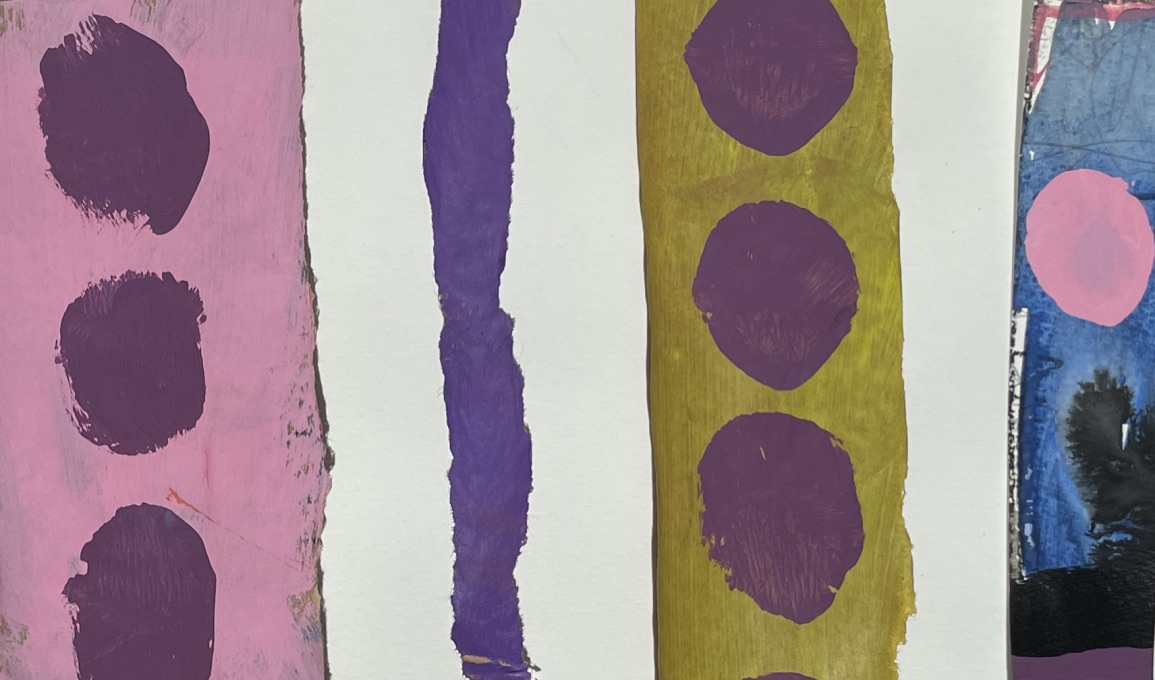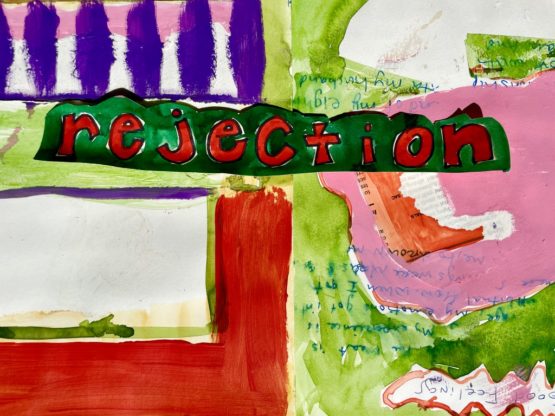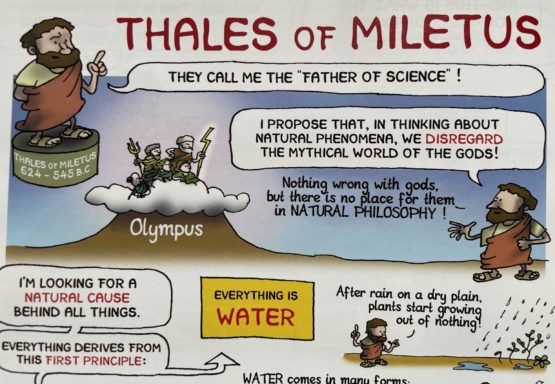I was disappointed, unsettled, and even ashamed that my curiosity and research around emotional entities led me to L. Ron Hubbard. L Ron Hubbard, for those who don’t know, is the founder of Scientology. Like Charles Manson, he is dead. Or more accurately, he has “left his body.” But unlike Charles Manson, Hubbard’s cult lives on and has bought up a shit-ton of real estate in Clearwater, Florida. If you’re curious, help yourself to the buffet of exposés and tell-alls by former scientologists. In summary: Bad people doing messed up things to other people in the name of a spiritual self-help movement, which is of course endlessly fascinating.
I went down the scientology rabbit hole for a week.That’s that, I’m done. I don’t want to write about the cult because it’s not relevant to The Emotional Future. Not more relevant than any other group of people having relationships that involve power and control. (uh, every human relationship?) As for the whole scientology thing… let’s avoid it with a two-hundred-foot pole. You will get slimed and even worse, possibly indoctrinated, if you get too close.
I do want to talk about L.Ron Hubbard as a writer. From what I can gather, he started his career (after being a royal fuckup in the navy) writing pulp science fiction in the 1940s. His book Dianetics came out in 1950. Dianetics was a global best seller. Ron came up with a great way to get rich: turn the ideas in Dianetics into a religion. His zany ideas sound like science fiction, but he was able to convince other people that he had invented/discovered a pathway to inner peace, personal power, and enlightenment. He sold it.
L. Ron Hubbard “borrowed” his spiritual concepts and practices from ancient metaphysical traditions. He had studied the work of Aleister Crowley and the Hermetic Order of the Golden Dawn, and also mined “psychic rituals” from the broader western mystical tradition…what Wikipedia calls “esoterism.” (Rosicrucianism, the Kabbalah, Christian Gnosticism, Theosophy, Freemasonry, etc). Hubbard starts with standard “occult” material and then goes hog wild with his sharpened science-fiction chops. His imagination was powerful enough to hold him in its thrall and “enslave” tens of thousands of followers.
I ordered one of his books, here’s the recap: “Scientology: A History of Man is a book by L. Ron Hubbard, first published in 1952 under the title What To Audit by the Scientific Press of Phoenix. According to the author, it provides “a coldblooded and factual account of your last sixty trillion years.” … The book has been ridiculed by critics of Scientology for its unusual writing style and pseudoscientific claims; it has been described as ‘a slim pretense at scientific method … blended with a strange amalgam of psychotherapy, mysticism and pure science fiction; mainly the latter.’ (wikipedia)
This is the kind of book I want to write! Just substitute “realistic literary fiction” for “science fiction.” Do I have a problem?
More: “Apart from the unusual style of narration, which Miller describes as having “wobbled uncertainly between schoolboy fiction and a pseudoscientific medical paper” many of Hubbard’s claims in A History of Man are incompatible with established scientific knowledge.”
Concerning this last part, about the book being pseudoscience… well… so what? Religion is metaphor, art is metaphor, astrology is definitely metaphor, much of science is even metaphor. Math is based on models, proofs, theory, invented terms. Which is not to say that the Golden Gate Bridge is a metaphor. But what if it is?
“Esoterism” is interestingly defined on wikipedia as rejected knowledge. Can I live in that space? Rejected Knowledge. I think I can. Do I want to?
Obviously I’m not planning to write a book and use it to start a cult. But, it would be fun, stimulating, and totally acceptable to write a book of speculative philosophy. Or fictional psychology. Isn’t all psychology fictional? I mean, isn’t all fiction psychological? Metaphysical fiction masquerading as realism?
Let’s say I decide to write a philosophy book. Do I have to go to grad school for philosophy first?
Did Nietzsche go to school for philosophy?
haha yes I think he did, but he ended up a lot like this guy.
I know I have the right to postulate, theorize, and generally get pseudoscientific up the wazoo if I talk only about myself, and my own feelings. Can’t I be an expert on that? An expert in my own field.
Two interesting things I took away from the L Ron Hubbard doc I watched. (Going Clear on HBO):
1. one of the cult escapees said that at the end of his scientology rope, he left like he was in the center of his own forehead, between his eyes, toward the front. From there, he was looking back at his “other” self, seated in the center of his head. He used two fingers (forefinger, index) to demonstrate. He pointed these fingers to show the direction of his gaze. Self looks at self. He said he was going crazy.
2. a former scientology big wig said that scientology was basically an entire religion (i think there are 3000 books) that replicates what was going on inside L Ron Hubbard’s head. So all these cult members studying his books and enacting his practices (the main one is called “auditing”) are recreating for themselves the conditions inside of Hubbard’s psyche. And, well, he was bananas.
So. What about imagination and its role in religion? Or science?
What about expertise?
Can I make up test cases and fictional case histories?
For example:
Krinkle came to me with a hollow pit in her stomach. A feeling like there was an anthropological dig happening in her gut. British guys with white sun hats digging out her deepest secrets. She had cottonmouth and a headache. Little snakes wriggling around under her tongue, tiny snakes from a parallel universe where snakes speak the Queen’s English.
Can I do that? As long as it’s filed under fiction, it should be okay. What if we did away with the dewey decimal system… fiction, nonfiction, memoir, novel, autobiography, history, science, romance fiction, science fiction, self help, self hurt, and so on. Abolish!
In the meantime, I continue to mess around in the margins. This drawing is from Science: A Discovery in Comics, by Margreet de Heer. She says absolutely nothing new or wrong or pseudoscientific. Everything here is approved. And thus it is educational.
The book is not attached to a religious movement.
a related post on this site: https://www.bootrundle.com/2012/07/23/get-a-dog/




